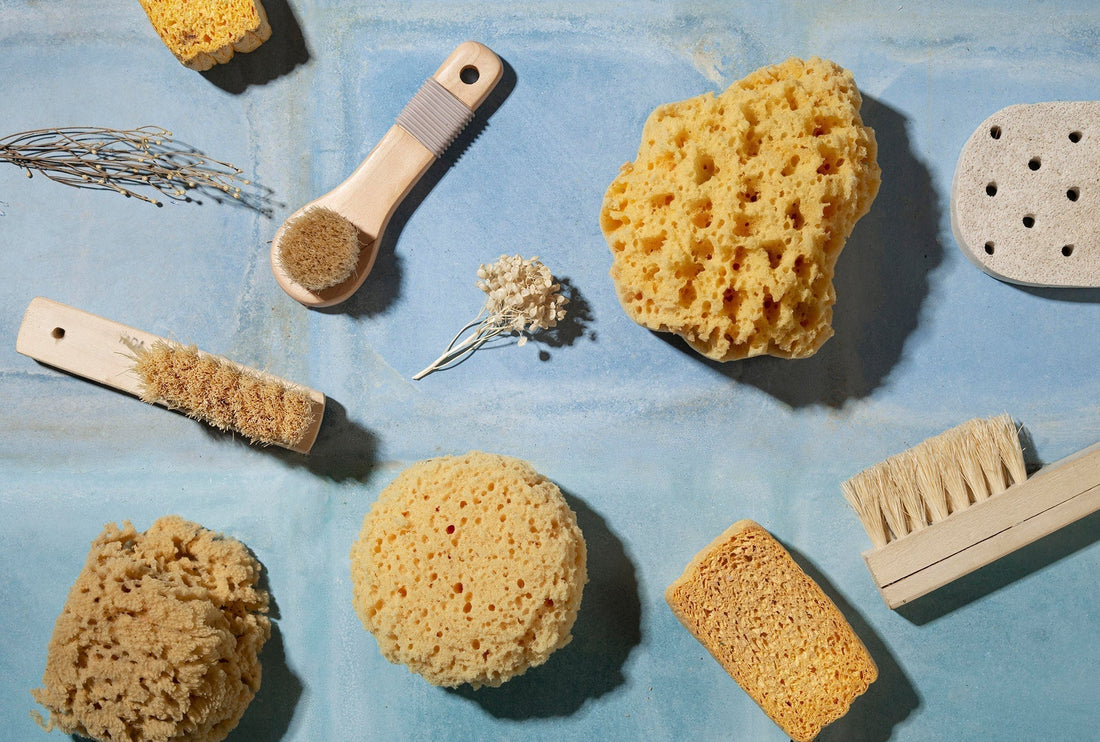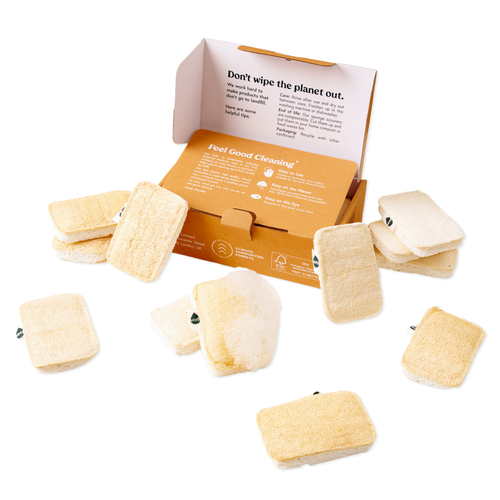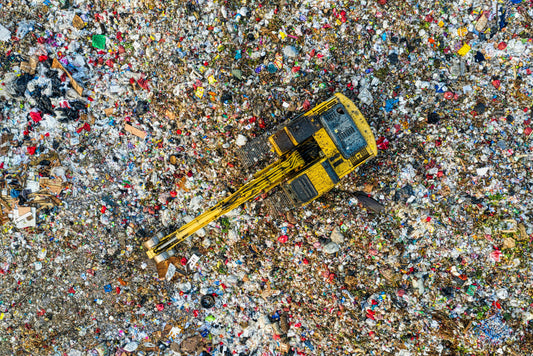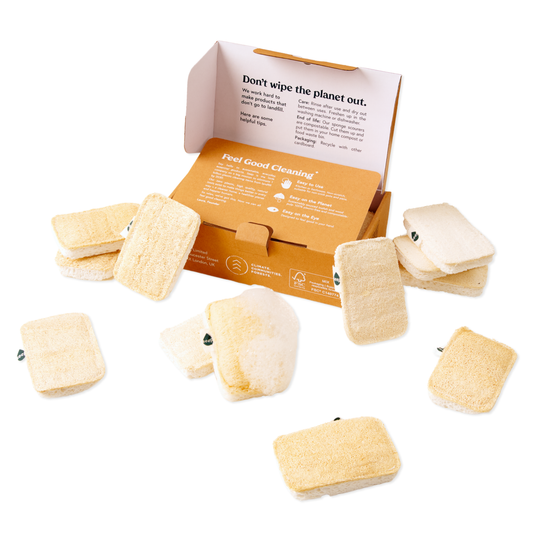
You have probably heard the term ‘greenwashing’ before, but are you able to define what it actually is? Don’t worry if not, we can’t all be in tune with every single eco buzzword out there. And if it makes you feel any better, a Good Housekeeping Institute poll found that more than 85% of readers didn’t know the meaning of it. However, if you are eco-conscious or trying to be, keep reading to understand more about greenwashing and how to spot it.
What does greenwashing mean?
Why is understanding the meaning of greenwashing so important?
What is being done to prevent greenwashing?
From 1st January 2022, The UK’s Competition and Market Authority’s (CMA) new Green Claims Code was issued to help businesses communicate their environmental or green credentials without misleading their customers. The CMA is concerned that too many businesses are falsely taking credit for being green, and so will review all environmental declarations made by companies, taking action against those who are greenwashing.
How can I spot a brand greenwashing?
- Transparency - Any brand that is putting the environment and people first will most likely want to tell you about it. Search their website for more information - is it readily available? If so this is a great sign, if not then get in contact with them. It shouldn’t be hard to answer your questions if they are transparent and are doing what they are claiming to.
- Buzzwords - Avoid fluffy language that has no meaning or evidence to back it up. Just because a business has described themselves as ‘sustainable’ or ‘eco-friendly’ doesn’t mean that they are. Look further and if it isn’t clear don’t be afraid to contact them!
- Resources - It can be helpful to have a read-around on websites and books to help you out. We recommend Cradle to Cradle by William McDonough Michael Braungart or How To Break Up With Fast Fashion by Lauren Bravo. Also, have a look at the B-Corp directory where you will find brands who meet high standards of verified performance, accountability, and transparency on factors including employee benefits, charitable giving, supply chain practices, and input materials.
- Investment - More often than not, eco-friendly products will cost more money. This is for several reasons, such as better sourcing, quality materials, and employee welfare. If a brand is claiming to be ‘eco’ but seems cheap, do a bit more research before taking the plunge!
Common greenwashing tactics with eco products
- Vague claims: Companies may use terms like "eco-friendly," "green," or "natural" without providing specific details about what makes the product sustainable. These terms can be misleading without clear, measurable criteria.
- Selective transparency: Companies may only share positive information about their products while omitting or masking negative environmental impacts. For example, a product might emphasise one environmentally friendly attribute (e.g. made from natural materials) while ignoring other aspects where it falls short (e.g. non-recyclable packaging). Alternatively, companies may only advertise their most sustainable products in order to mask the rest of their products which are environmentally harmful.
- False certifications: Some products display fake or irrelevant certifications. Authentic certifications come from recognised and trustworthy organisations that have strict criteria, such as FSC (Forest Stewardship Council) and USDA Organic.
Red flags to look out for
- Lack of detailed information: Genuine eco-friendly products often provide detailed information about their materials, manufacturing processes and disposal methods.
- Overemphasis on packaging: Eco-friendly packaging does not necessarily mean the product itself is sustainable. Assess both the packaging and the product.
- Products that wear out quickly and need frequent replacement generate more waste, which diminishes their sustainability.
- Non-biodegradable or non-recyclable components: Truly eco-friendly products are entirely biodegradable or recyclable, or else the untreatable component is easily separated from the rest. For example, if a product contains synthetic fibres or other non-biodegradable materials blended with recyclable components, it will likely still contribute to microplastic pollution.
Examples of potential greenwashing in eco sponges
-
"Natural" but with synthetic additives: A sponge might be labeled as natural but contain synthetic adhesives or coatings that compromise its biodegradability.
-
Compostable but not in practice: Some sponges may claim to be compostable but only in industrial composting facilities, which are not widely accessible. Home compostability is a more practical and verifiable claim.
-
Recycled content without clear percentages: Some sponges may claim to be made from recycled materials without specifying the percentage of recycled content, making the claim less meaningful.
To avoid falling for greenwashing when purchasing eco sponges and other products, research and confirm the product claims, look for specific information and reputable certifications and check reviews from other users. By doing so, you can make more informed decisions and support genuinely sustainable products, like Seep!







